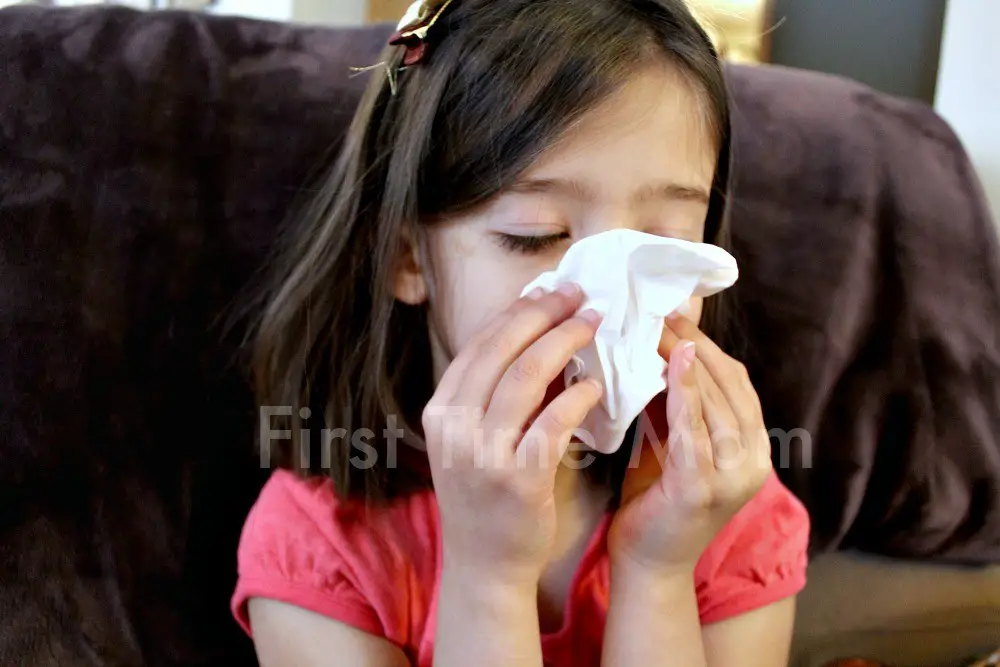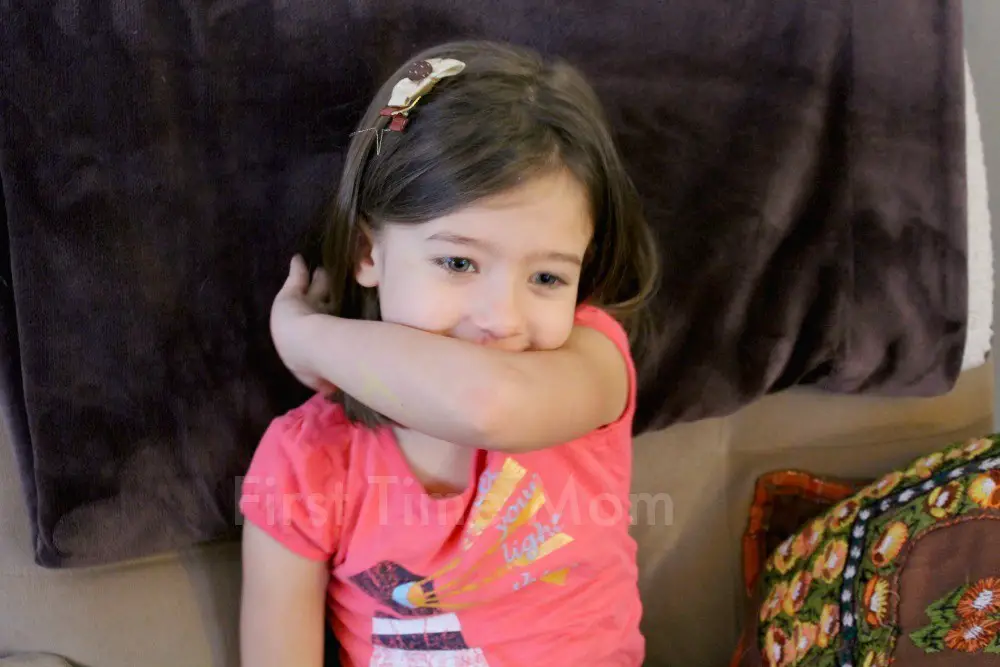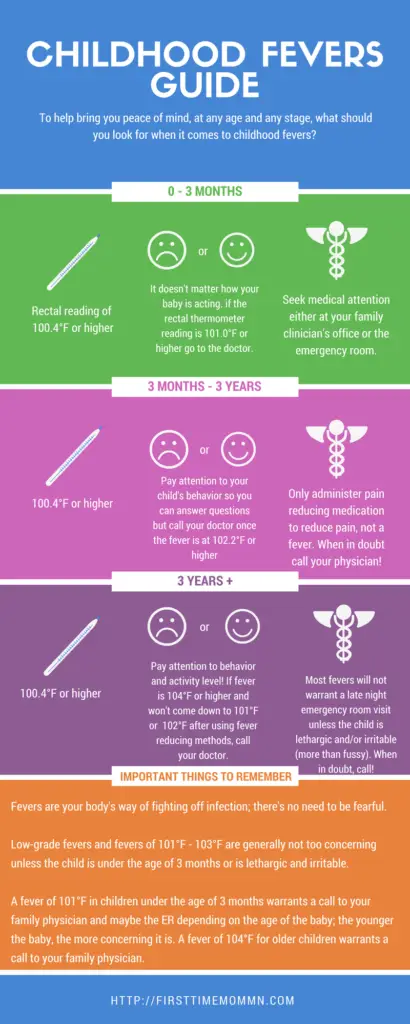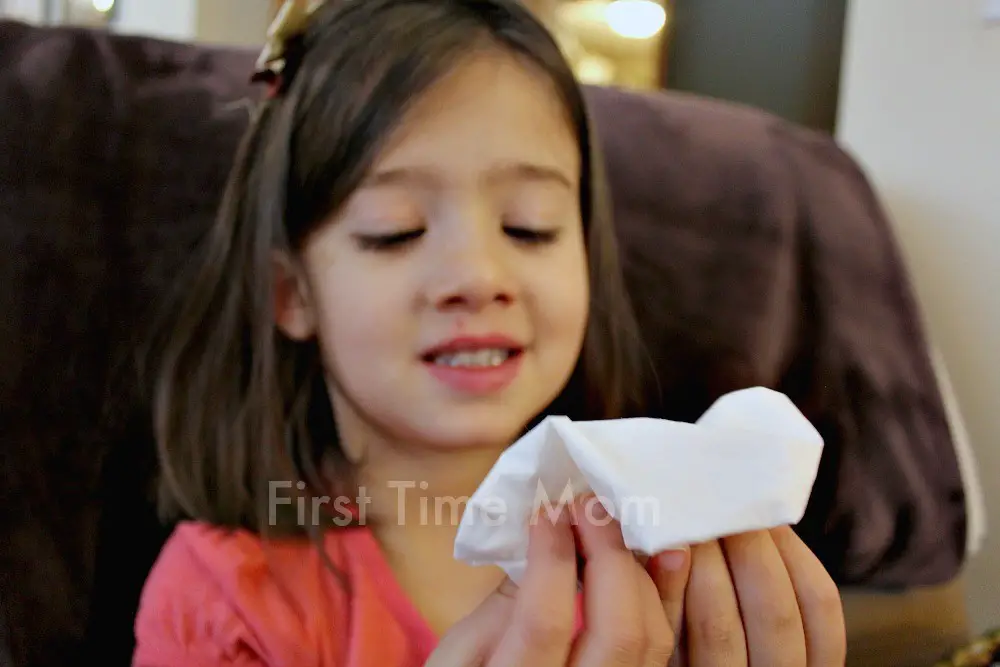Here’s everything you wanted to know about your child’s common cold.
As an Amazon Associate I earn from qualifying purchases.
I swear, from November until April, at least one of my children has a running nose, green boogers and a chesty cough that just won’t go away. My middle child seems to always have something going on and it started to kind of concern me. What is normal when it comes to the common cold? When should I be concerned as a parent?
We are a participant in the Amazon Services LLC Associates Program, an affiliate advertising program designed to provide a means for us to earn fees by linking to Amazon.com and affiliated sites.
Here’s everything you wanted to know about your child’s common cold.
According to one article, the average number of common colds are as follows:
- Babies, toddlers, preschoolers – 7 – 8
- School age children – 5 – 6
- Teenagers – 1 – 2 (similar to the average adult)
Given that information, I suppose worrying about my two-and-a-half-year-old daughter’s incessant running nose and cough isn’t as abnormal as I assumed. The common cold also lasts for an average of seven days and sometimes longer. Symptoms frequently appear two to three days after exposure.
How are colds contagious?
Colds are airborne viruses that are passed on from one person to the next. Most adults practice good hygiene, know to a cough into their arm (some call it the Dracula cough because you look like Dracula covering your face with a cape) and sneeze into a tissue or their sleeve. Children under the age of seven, on the other hand, don’t know anything about practicing good hygiene. One visit to a church’s nursery and you’ll understand that what’s mine is yours and what’s yours is mine when it comes to babies and toddlers; if it looks interesting, it must go in the mouth immediately. Preschoolers, God bless them, are just so handsy they can’t help but share every germ that happens to be inhabiting their little bodies. Pair this desire to share life so closely and the fact that their immune systems are so young it only makes sense that our little ones are often frequent victims of the common cold.
What can you do to prevent the spread of the common cold?
- If your child has had a fever (100.4°F auxiliary reading) keep them away from close quarters especially if they are young. There’s not much reasoning with a two-year-old, however, I can explain to my five-year-old how to practice good cold habits such as staying away from her peers, covering up her sneezes and coughs, as well as frequent hand washing.
- Make certain that your child is washing their hands correctly. We always say to our kids, “Soap them up: tops, bottoms and in-betweens; now let’s sing our ABC’s!”
- If there’s green snot pouring out of every crevice of their little face, keep the wee ones at home. It’s just nice for the other parents.
Should I be concerned about my child spiking a fever?
No. Unfortunately, longtime misunderstanding about what a fever’s job is has made most of us terrified of fevers when it comes to our children. A fever is simply the body’s way of fighting off a virus or infection. I think to think of it as a furnace and the immune system is turning up the heat to get rid of those nasty little germs. It’s scary when our children get a fever and frequently the number on the thermometer is scarier than the virus is harmful. Here’s a handy little chart to help you assess when it’s best to call your family doctor.
Do colds go away on their own?
Yes. According to the National Library of Public Health, colds do go away on their own, despite their annoying symptoms – cough, sore throat, runny nose.
Relieving a Common Cold
While the best medicine for the common cold is to allow it to run its course, I’ve found that the more comfortable I can make my child feel they faster they will heal.
- Hydrate!
- Sleep. If you need to administer pain reducing medicine such as Acetaminophen and Ibuprofen to help your child be comfortable then do it. Your goal is using these kinds of medicines should only be to add physical comfort, not to reduce the fever (see the chart above for a guide)
- Hot shower. I think that a hot, steamy shower is great for relieving head congestion. The trick is getting your child to think it’s also a great idea. All three of my children hate showers for some odd reason but at least I can reason with my older kids, right?
- Balm Baby Eucalyptus Rub, Zarbee’s Naturals Children’s Cough Syrup with Dark Honey (not suitable for children under the age of one-years-old), and when needed Acetaminophen or Ibuprofen (only for children older than 6 months)
How should you sleep when you have a cold?
Prop yourself up on some pillows, this may prove to be challenging for your child because they move around so much. I’d suggest using a wedge pillow like this one. Use a humidifier or vaporizer, be willing to take medication, and stay away from caffeine and alcohol.
I hope this helps you even just a little bit. Remember, I’m not a medical professional so you really shouldn’t take this advice I’m giving you as medical fact. When in doubt contact your physician!
Great Resources
Should I be worried if my child gets sick frequently?
Ask Dr. Sears: Understanding the Common Cold
Fever and Taking Your Child’s Temperature
The Portable Pediatrician: Everything You Need to Know About Your Child’s Health










4 Comments
Janie Vezina · February 9, 2017 at 6:21 pm
this is some great info to keep handy. thank you.
Bert @ First Time Mom MN · February 9, 2017 at 8:03 pm
Glad you have found it useful!
*Click here for more information *
*. *
Andee Fischer · February 14, 2017 at 12:10 am
Thanks for the info! All in one article.
Bert @ First Time Mom MN · February 14, 2017 at 7:56 am
You are welcome!
Comments are closed.